
Grooming Man’s Best friend
Proper grooming for your dog does not only have aesthetic
purposes but also adds to your pet’s holistic growth – physical
and psychological. Since dog hair can interlace due to dirt and
grime in the coat forming mats and tangles, they would need to
be groomed to keep proper hygiene. Plus grooming generates more
bonding time with your pet, creating a stronger relationship.
It is best to train your dog to be groomed at an early age. But,
an untrained dog can still be taught to accept all the
attention. Train your pet to get used to his body parts being
handled and brushed. You need not go to a professional groomer,
but if you don’t have the time or the interest to groom your
dog, be sure to select a groomer that handles the animals gently.
Things to Remember in Grooming your Dog
Make a daily examination of your pet’s body parts. Look out for
bumps, hot spots, inflammation, irritation, vegetative matter,
and parasites like fleas and ticks in his coat. Get rid of fleas
by using a fine-toothed comb while ticks can be tweezed off.
Ears should be checked – droop ears are inclined to infection
which can lead to permanent hearing loss. Examine your
companion’s pads – dirt, grime, pebbles, chemicals can get
caught that can infect his paws.
Brushing doesn’t only remove mats, it also takes away dead hair,
thus eliminating animal odor. Tangles can also be very painful
for your dog that may lead to skin inflammation. Grooming during
shedding encourages growth of new coat, so brush especially
after physical exercise.
Nails should be trimmed every month, especially if your dog has
a hard time walking. Dental hygiene is maintained by using dog
toothpaste and toothbrush with soft bristles twice a week. A
damp cotton cloth is used to remove mucus from your dog’s eyes
and a coarse rag is appropriate in cleaning your pet’s face.
When bathing your pet, make sure that you brush away dead hairs
first to clear all the mats in his coat. Soak your pet in warm
water. Apply a pet shampoo in small amounts. Target areas are
the eyes, ears, rectum, toes and under the chin. Avoid getting
soapy water in his eyes and ears. You also have an option to
apply coat conditioner after bathing. Different breeds require
varying bath frequency; consult the local pet grooming shop if
you’re not sure how many times you should bath your dog.
It is recommended that a dog owner has his own home grooming
kit. A good kit includes a grooming brush, clippers for dog
toenails, combs with varying teeth (fine, medium coarse), dog
shampoo, coat conditioner, and a coarse rag.
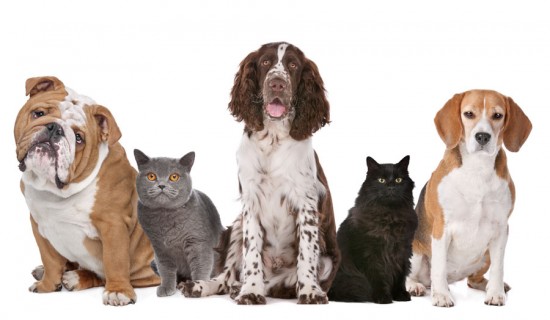 Pet Statistics – The Sadly Surprising Facts
Pet Statistics –
Pet Statistics – The Sadly Surprising Facts
Pet Statistics –
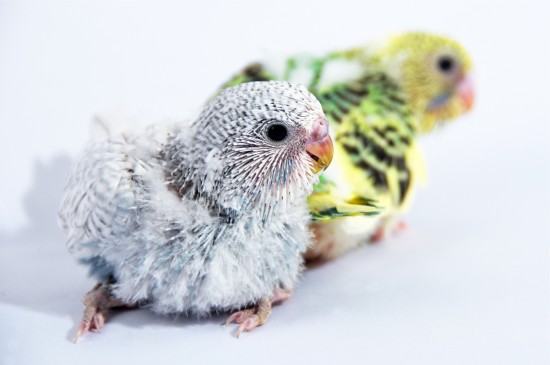 How To Breed Budgies
How To Breed Budg
How To Breed Budgies
How To Breed Budg
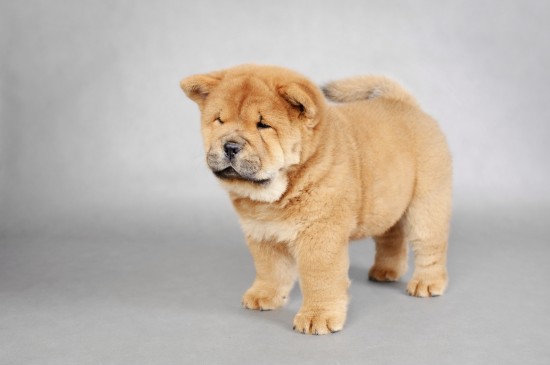 10 Dog Breeds That Have Dropped In Popularity Over The Last Decade
10 Dog Breeds Tha
10 Dog Breeds That Have Dropped In Popularity Over The Last Decade
10 Dog Breeds Tha
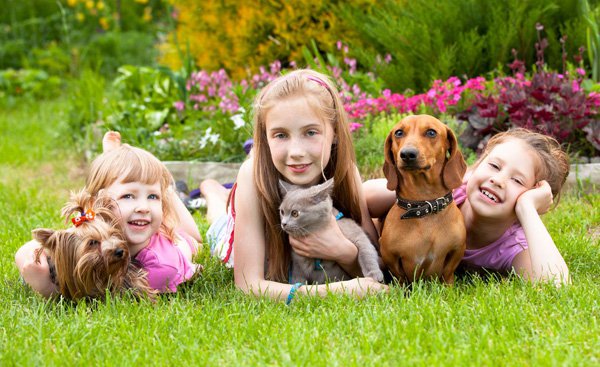 Reptiles birthday party- Must Organize For Having Special Party
Reptiles birthday party- Must Organize For Having Special
Reptiles birthday party- Must Organize For Having Special Party
Reptiles birthday party- Must Organize For Having Special
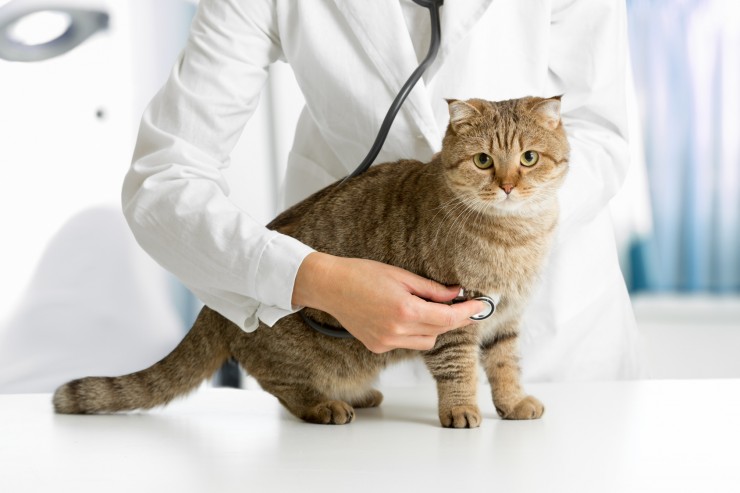 Veterinary Malpractice - What You Can Do About It
Veterinary Malpra
Veterinary Malpractice - What You Can Do About It
Veterinary Malpra
Copyright © 2005-2016 Pet Information All Rights Reserved
Contact us: www162date@outlook.com